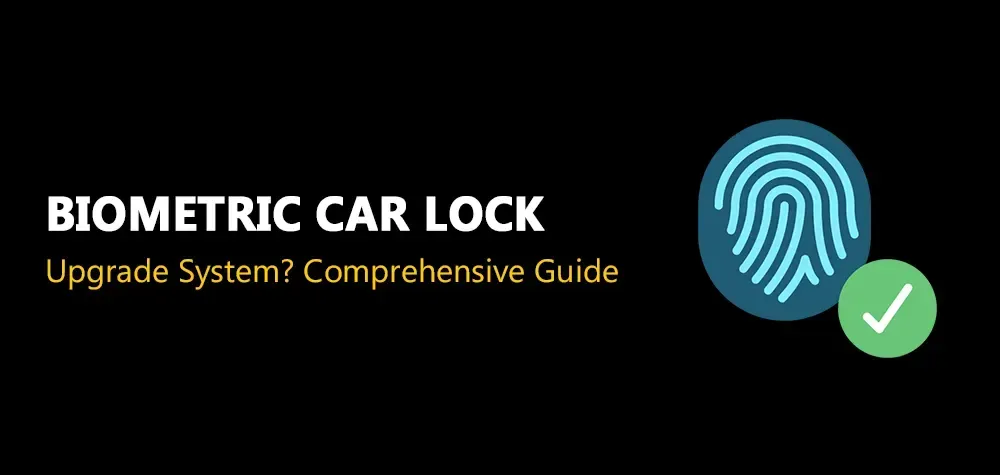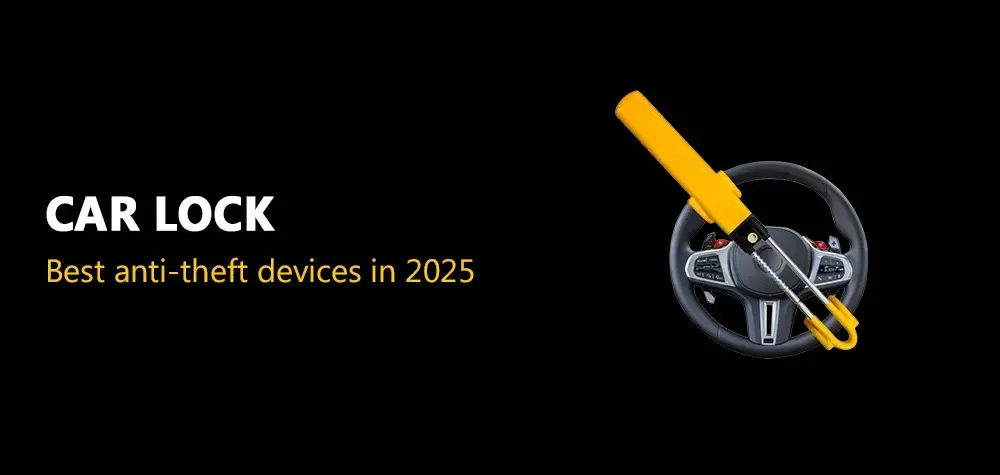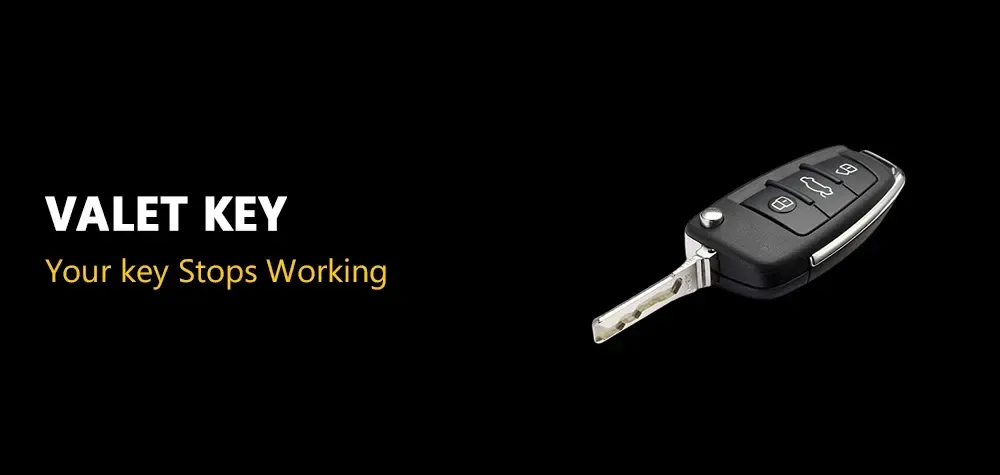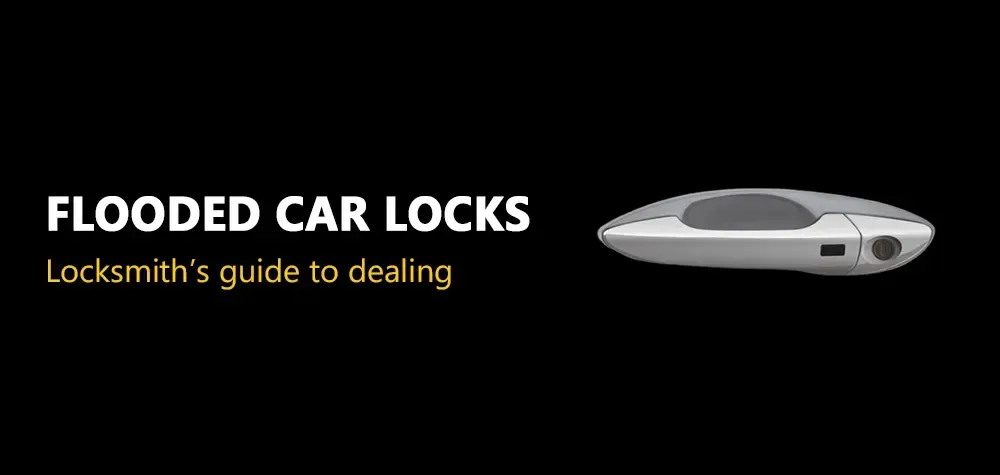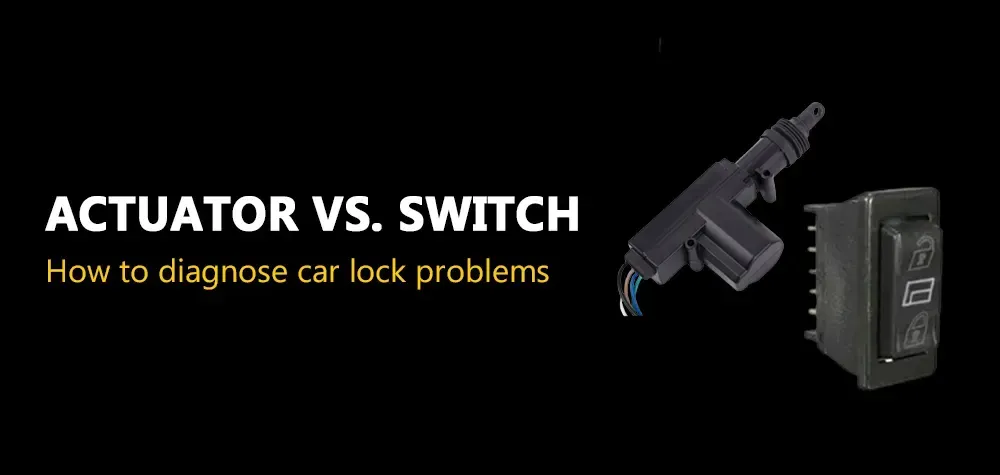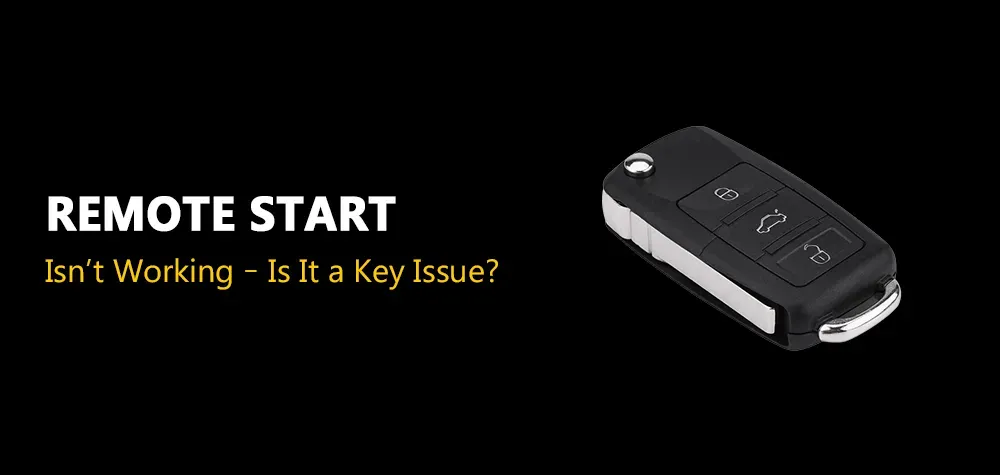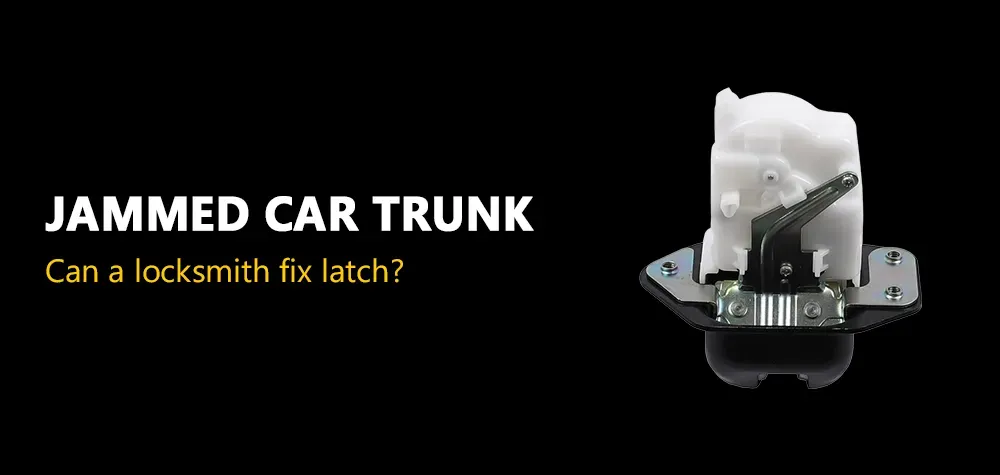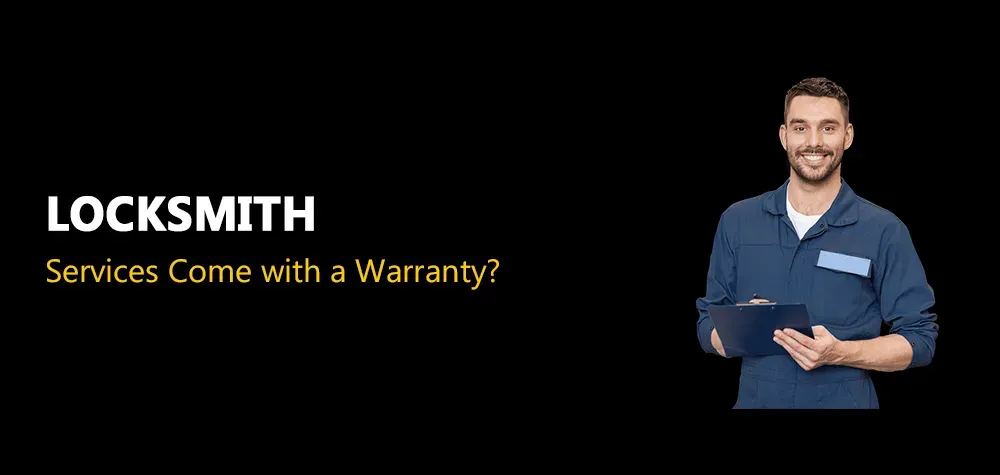The Benefits of Owning a Safe Locker and How to Choose the Right One
In today’s world, safeguarding your valuables and important documents is more important than ever. With an increase in home burglaries, fire hazards, and unforeseen disasters, owning a safe locker can provide peace of mind by ensuring your possessions are protected. A safe locker serves as a secure place to store jewelry, passports, financial records, heirlooms, and even digital data. But how do you choose the right one for your needs? This guide will explore the benefits of owning a safe locker and the key considerations when selecting the best one for your home or office.
The Top Benefits of Owning a Safe Locker
1. Protection from Theft
The most obvious benefit of a safe locker is protection against theft. A well-chosen, high-quality safe locker can be incredibly difficult to break into, giving you confidence that your valuables remain safe in the event of a burglary. Many safes are equipped with features like tamper-proof locking mechanisms, steel construction, and pry-resistant doors.
2. Fire and Water Resistance
Not only do safes protect your belongings from theft, but many are also designed to withstand fire and water damage. Fire-resistant safes can protect important documents and digital media from extreme heat, while waterproof safes prevent damage from floods or pipe bursts.
3. Secure Storage for Documents
Passports, birth certificates, deeds, insurance papers, and other important legal documents can be difficult to replace if lost or destroyed. A safe locker provides a centralized, secure location for storing these essential documents, keeping them protected and organized.
4. Peace of Mind
Owning a safe locker offers peace of mind, knowing your most precious items are secure from unforeseen disasters like fire, floods, or burglaries. Whether you're away from home for extended periods or just want the assurance that your valuables are safe, a secure safe locker delivers lasting confidence.
5. Protection for Digital Media
Many people store important personal and business information on external hard drives, USBs, and backup disks. A fireproof, waterproof safe locker is essential for safeguarding digital media, especially in the event of natural disasters.
6. Child Safety
A safe locker can also protect your children from harm by securely storing dangerous items like firearms, prescription medications, and important tools. Childproof safes come equipped with tamper-resistant locks, adding an extra layer of protection.
How to Choose the Right Safe Locker for Your Needs
When choosing a safe locker, it's important to consider your specific requirements and preferences. Here are some factors to help you make the best decision:
1. Size and Storage Capacity
The first step in selecting a safe locker is determining what you intend to store. Will you be using it primarily for jewelry, cash, and documents? Or do you need extra room for larger items like electronics, firearms, or precious antiques? Choose a size that not only fits your current needs but also provides some room for future storage.
Small Safes: Great for storing cash, passports, and a few pieces of jewelry.
Medium Safes: Suitable for important documents, heirlooms, and digital media.
Large Safes: Ideal for storing firearms, electronics, and larger valuables.
2. Locking Mechanisms
Safe lockers come with different types of locking mechanisms, each with its own level of security. The best choice will depend on your personal preference, convenience, and security concerns.
Combination Lock: Traditional and reliable, combination locks don't rely on batteries but require remembering the code.
Electronic Lock: Provides quick access and often comes with a keypad for setting a secure PIN.
Biometric Lock: Offers top-notch security by using fingerprint recognition for access.
Key Lock: Simple to use but may lack advanced security features. Ideal for safes that require occasional access.
3. Fire and Water Resistance Ratings
Fire and water damage can be just as devastating as theft. When choosing a safe locker, pay attention to its fire and water resistance ratings:
Fire Resistance: Most safes are rated to withstand high temperatures for a specific period (e.g., 30 minutes at 1550°F). Consider a fireproof safe if you live in areas prone to wildfires or if you want to protect important papers and valuables from heat damage.
Water Resistance: A waterproof safe is essential if you live in flood-prone areas or want protection against plumbing accidents. Look for safes with watertight seals that prevent moisture from seeping in.
4. Placement Options
Where you place your safe locker can also influence the type you choose. For optimal protection, consider these options:
Wall-Mounted Safes: Installed into a wall, making them easy to hide behind paintings or furniture. They are discreet but often have less storage capacity.
Floor Safes: Bolted to the floor, making them difficult for thieves to remove. These safes offer more storage space but may be less convenient to access.
Portable Safes: Lightweight and easy to move, portable safes are best for temporary use or short-term storage, but they lack the robustness of permanent safes.
5. Brand Reputation and Certifications
It’s crucial to buy from a reputable brand known for producing high-quality safes. Look for certifications from organizations like Underwriters Laboratories (UL) or ETL that guarantee a safe meets rigorous fire and water resistance standards.
Additional Features to Consider When Choosing a Safe
As you evaluate different safe locker options, some additional features can enhance security and ease of use:
Alarm Systems: Some safes are equipped with alarms that activate when someone tries to tamper with or open the safe without authorization.
LED Lighting: Internal lighting can be useful if you store your safe in a dark area or need to access it during a power outage.
Backup Power: For safes with electronic or biometric locks, having a backup battery or external power source ensures you can access your safe even if the main power fails.
Investing in the Right Safe Locker for Security and Peace of Mind
Owning a safe locker is a smart investment for anyone looking to protect their valuables, important documents, or digital assets from theft, fire, water, or unauthorized access. When choosing a safe, consider your specific needs, the size of the items you’ll store, and the level of security you require. Features like fire and water resistance, locking mechanisms, and placement options will help guide you to the right choice. For maximum protection, always opt for a reputable brand with reliable certifications.
Ultimately, the peace of mind that comes with knowing your valuables are safe is worth the investment. Whether you’re securing personal documents or safeguarding precious family heirlooms, choosing the right safe locker is essential to maintaining security and preventing potential loss.
Call Us Any Time!
